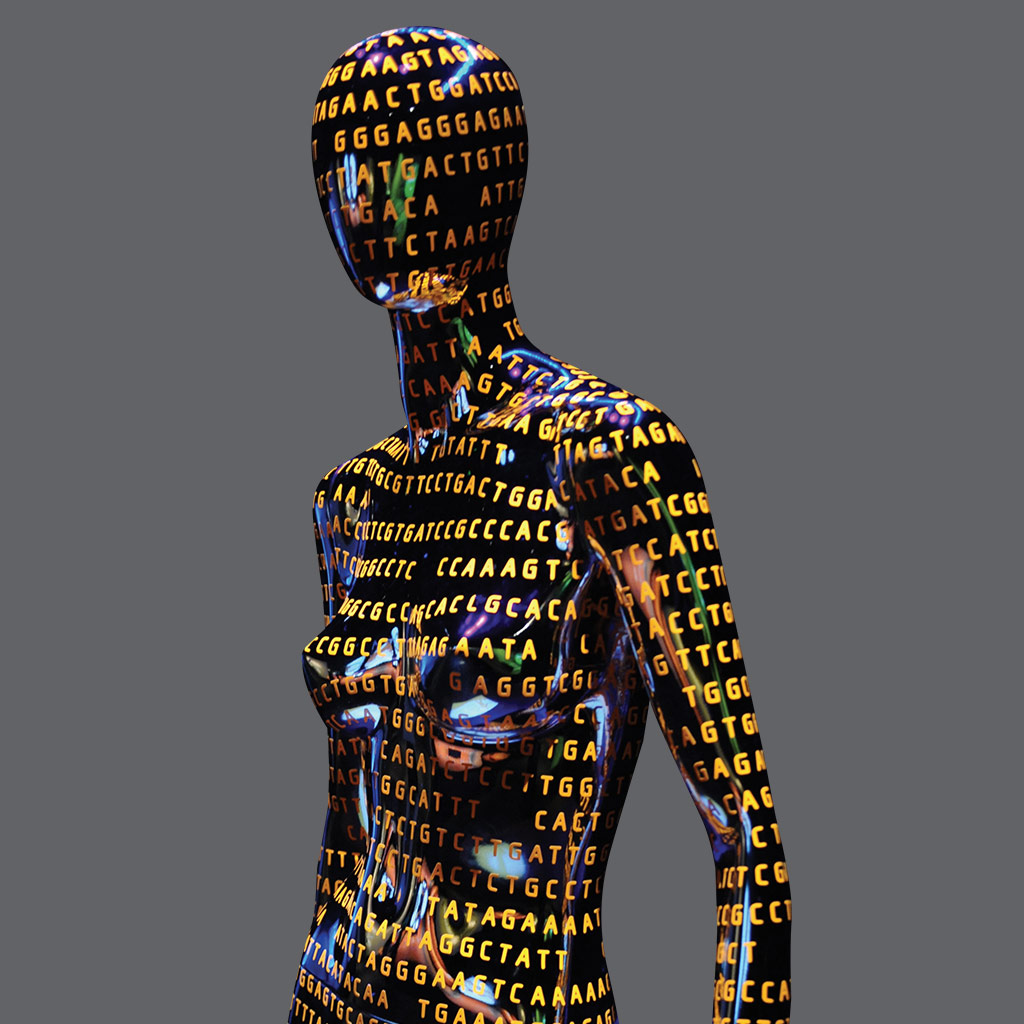
In December 2018, the U.S. Food and Drug Administration (FDA) announced that they were recognizing NHGRI's Clinical Genome (ClinGen) Resource under their recent Public Human Genetic Variant Database guidance. This program is part of an FDA effort to provide genetic test developers access to consistent, expert-validated evidence that they can cite when seeking FDA approval of their tests. It is hoped that the availability of such information will decrease regulatory burdens and spur advances in the evaluation and implementation of precision medicine.
A fundamental challenge has been establishing which genes and gene variants are relevant in disease. ClinGen was launched in September 2013 to build an authoritative resource that defines the clinical relevance of genes and variants for use in medicine and research and to develop an expert-curated collection of genomic variant pathogenicity information. ClinGen also develops standards for the classification of variant relevance, which involves the use of the guidelines developed by the American College of Medical Genetics and Genomics(ACMG).
ClinGen has collected information on genetic variants across the genome, developed consensus methods to identify clinically relevant genetic variants, and made information about those variants available to researchers and clinicians. As of February 1, 2019, ClinGen has classified 670 gene-disease pairs. ClinGen is primarily funded by the NHGRI, with support for content curation from the Eunice Kennedy Shriver National Institute of Child Health and Human Development. ClinGen genomic variant interpretations are available to researchers and clinicians via the ClinVar database.
This is the first time that the FDA has formally recognized a public resource of genetic variants and their relationship to disease to help accelerate the development of reliable genetic tests. Genetic test makers, including those using 'next-generation' DNA sequencing methods, can now use genetic variant information in ClinGen to support clinical validity in premarket submissions to FDA. The intent is to streamline test development and increase access for patients to accurate, clinically relevant genetic tests.
Knowledge about genetic variants is already being used in clinical care, particularly to diagnose inherited disorders and to target drug therapy in cancer. However, more robust aggregation of evidence for assessing the clinical relevance of specific genes and genetic variants is needed to integrate the results of genetic tests into clinical care. Most genetic data are not collected and stored in a manner that is broadly accessible to researchers and clinicians -ClinGen is doing just that.
In the future, ClinGen investigators aim to accelerate curation of genes and genetic variants and expand to new disease areas. ClinGen will also explore integration of computational predictors into curation approaches and aim to ensure that ancestry and diversity are adequately addressed in the resource.
![]()



